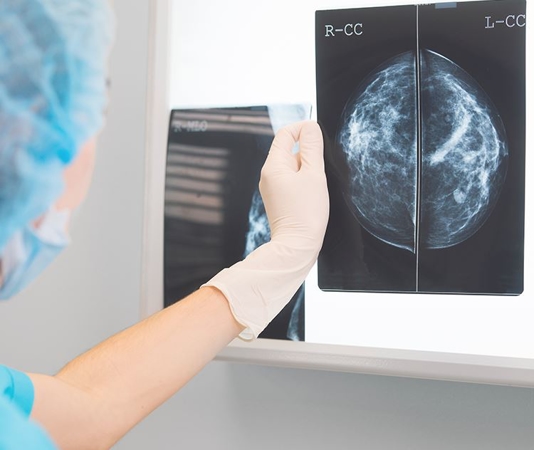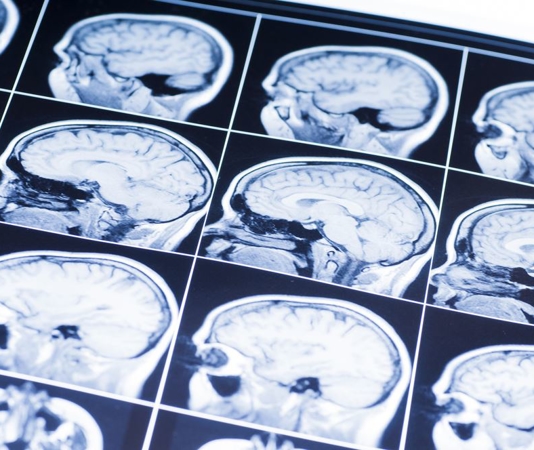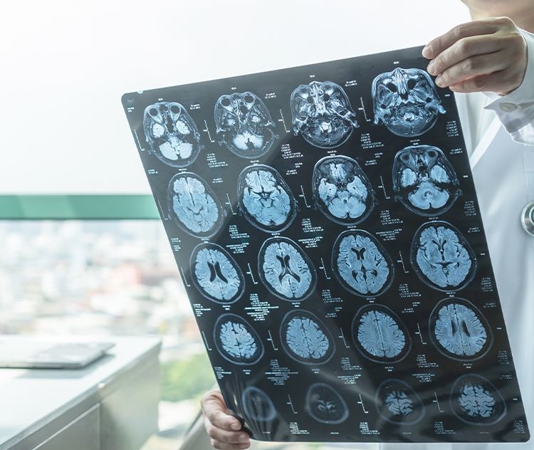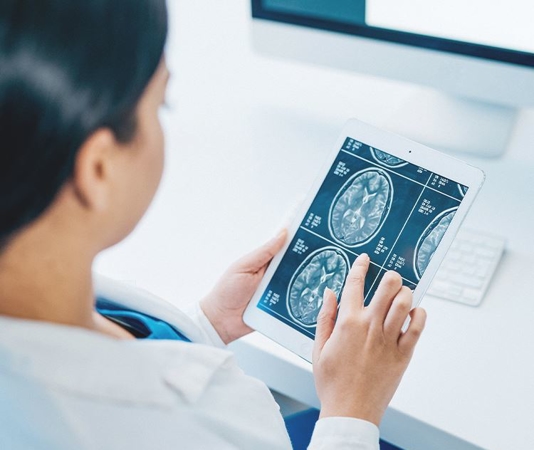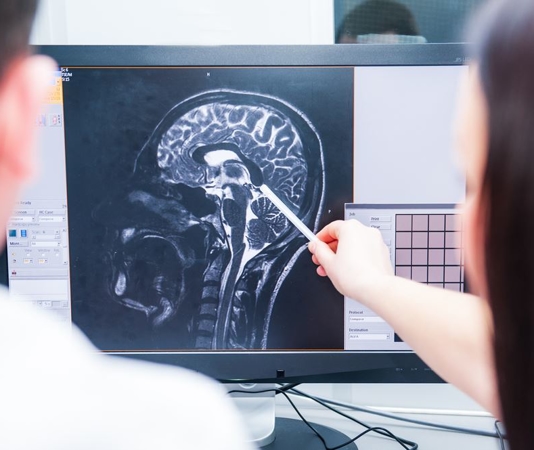Brain InjuriesBrain Injury AdvocatesTraumatic Brain InjuryTraumatic Brain Injury Is Associated With Alzheimer’s Diagnosis At A Younger Age.
Traumatic brain injury (TBI) is a leading cause of death and disability in individuals over 45 years of age in industrialized countries. Single and repeated TBI is linked to progressive neurodegeneration and has been identified as a risk factor for dementia and Alzheimer’s disease, which accounts for roughly 60 to 80% of dementia cases. Characterized...
